Physical Address
304 North Cardinal St.
Dorchester Center, MA 02124
Physical Address
304 North Cardinal St.
Dorchester Center, MA 02124
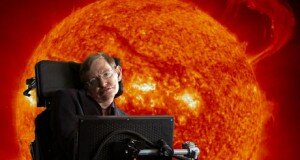
Homo sapiens has enjoyed singular success at tweaking the environment because of the unique psycho-social wiring of the human mind ( Pagel ). Hearkening back to the nature-nurture debate, the human mind is a multi-dimensional intellectual construct that emerges from …
Read More » 
Last Thursday (June 7), I attended a debate that took place at Pueblo Community College between the two democratic candidates, Bill Thiebaut and Jeff Chostner, who are vying for the position of Pueblo’s District Attorney. Both candidates are veteran politicians …
Read More » 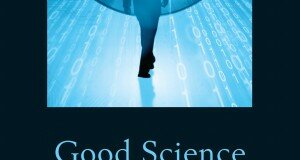
I tend to agree with Karl Popper far more than I disagree. Nevertheless, I diverge from Popper over his under-specification of truth (BTW: I work out the particulars of this argument in much greater detail in a forthcoming book, Good …
Read More » 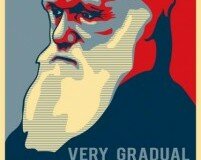
There are two kinds of people in this world: those who celebrate Darwin Day, and those who don’t. Charles Darwin (February 12, 1809-1882) is without doubt one of the most important scientists who ever lived. He is also one of …
Read More » 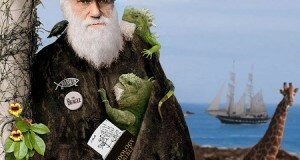
Scholars have referred to Homo sapiens’ game-changing capacity to transform the biological evolutionary process into an intellectual exercise—or what I refer to as super-adaptability (McGettigan, 2011, 2013)—in a variety of ways. Karl Popper (1999) distinguishes between biological and cognitive problem …
Read More » 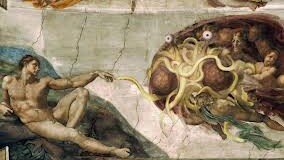
Einstein’s oft-repeated, and dogged insistence that “God does not play dice” is scientifically wrong-headed for a number of reasons. First of all, where science is concerned, God is irrelevant. Any references to God’s presumptive influence on the design of the …
Read More » 
Fate is the most potent weapon in the arsenal of hard determinists. To contend, as hard determinists plainly do, that the outcomes of events are predetermined is essentially the same as saying that the ebbs and flows of history are …
Read More » 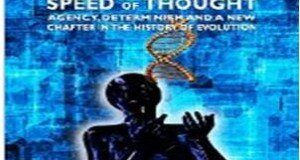
If the messages embedded in folklore mean anything, then until very recently humans were terrified of the natural environment. In many cases, the scariest part of folk tales involves foolish individuals–often kids, in order to emphasize the cautionary nature of …
Read More » 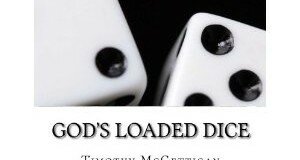
Albert Einstein believed that the universe was created by a rational god; a god who would never presume to play dice with his precious creation. Einstein’s belief in a rational, knowable universe was rooted in a “clockwork” scientific philosophy that …
Read More » 
One can hardly broach the subject of agency without acknowledging the long-standing and unresolved philosophical debate regarding the agency vs. determination dichotomy. To provide an illustration of the extent of disagreement over this dualism, determinists, such as Stephen Hawking have …
Read More »